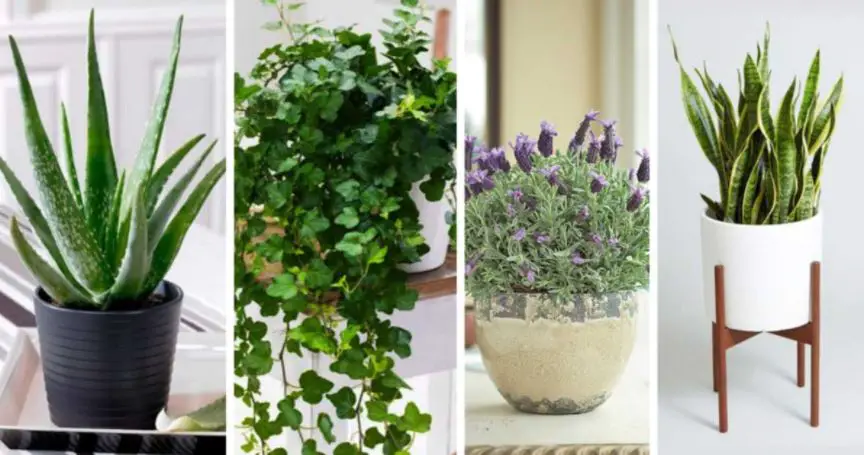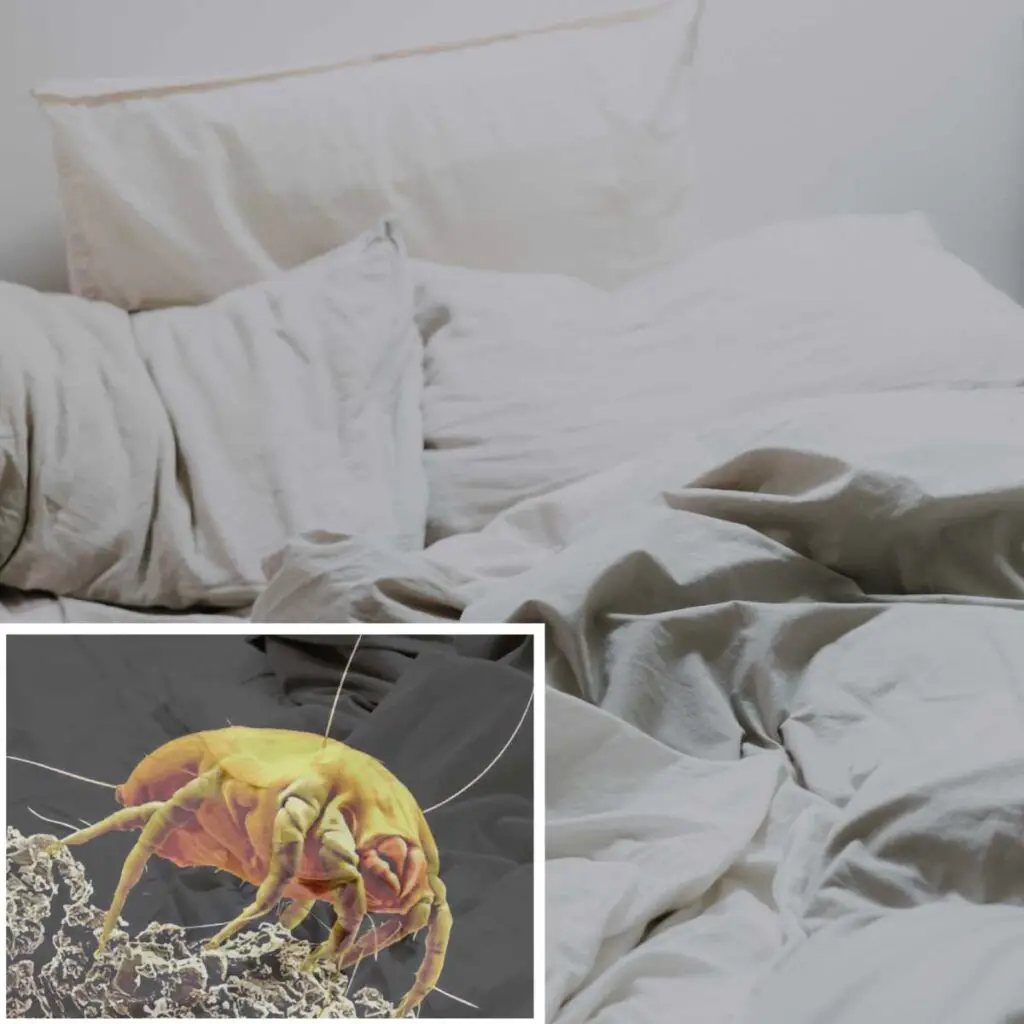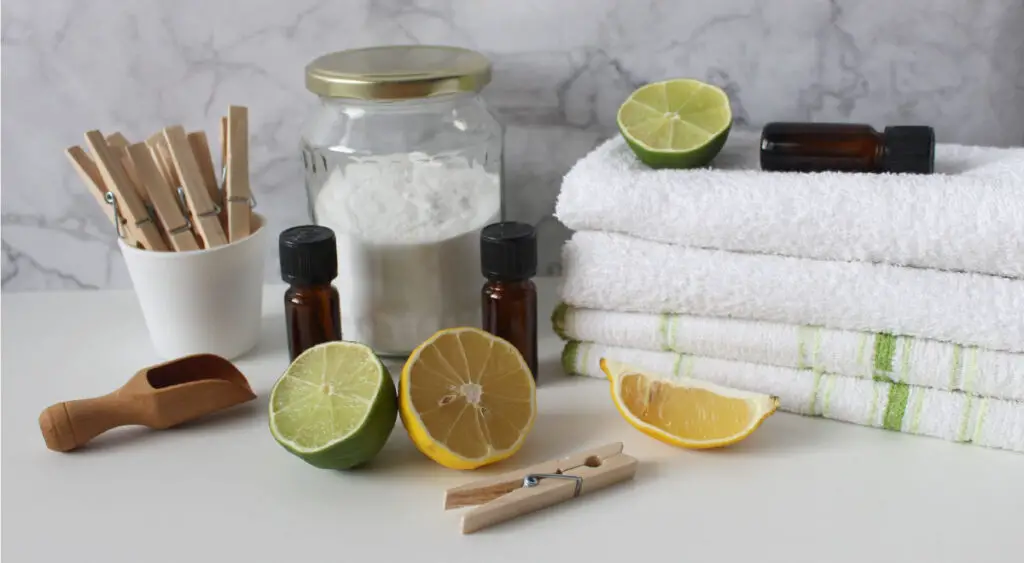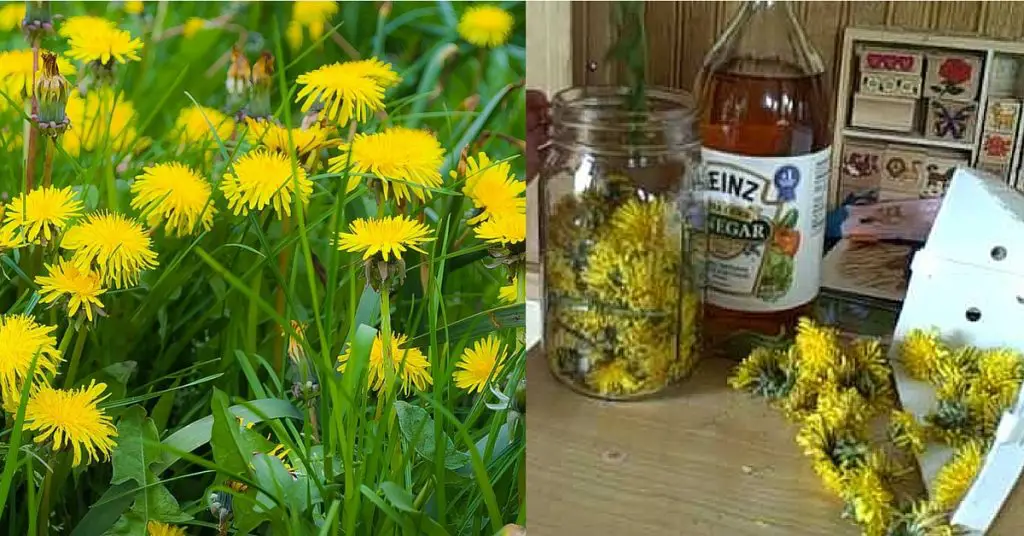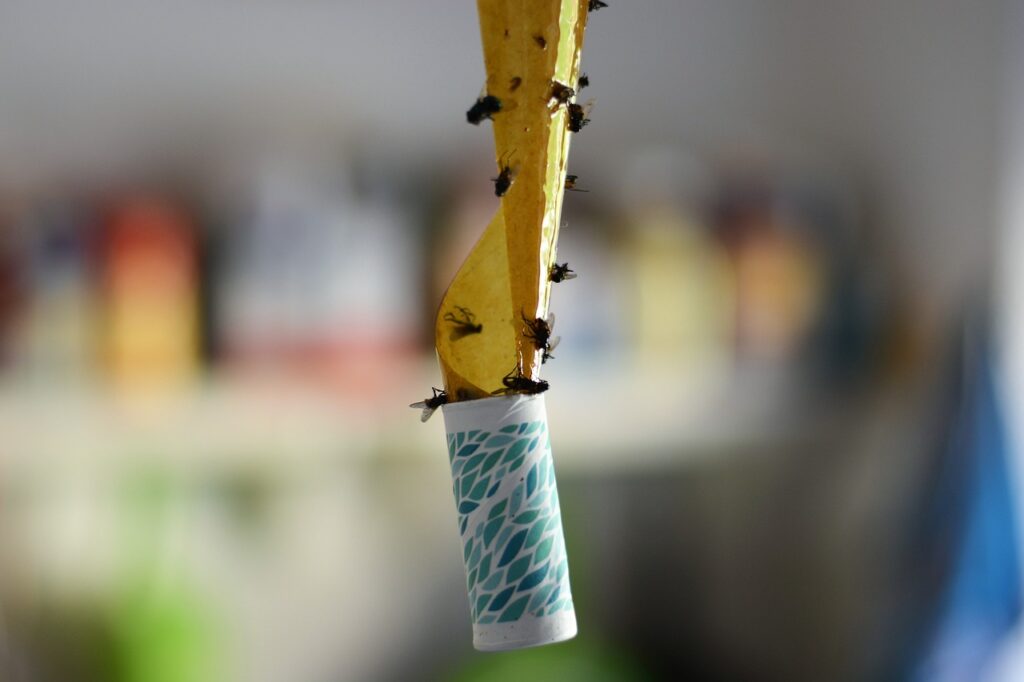According to the Center for Disease Control and Prevention (CDC) , millions of people suffer from sleep issues such as sleep apnea and insomnia. Sleep apnea is a condition that causes disrupted breathing while sleeping. If the issue is not treated on time, it may disrupt normal breathing and prevent oxygen intake which could have catastrophic consequences.
Types of sleep apnea
There are 2 types of sleep apnea:
1. Central sleep apnea
This type of sleep apnea is manifested with disrupted and unstable breathing. It means that the brain does not transport the signals to the muscles to make them breathe.
2. Obstructive sleep apnea
If the throat is blocked, you may suffer from obstructive sleep apnea. It means that the back of the throat’s tissue falls and obstructs breathing.
Sleep Apnea Risk Factors
The most common risk factors of sleep apnea are:
- Nasal obstruction
- Sinus problems
- Allergies
- A large neck
- Obesity
- Gastroesophageal reflux
- Being over 40
- Family history
Fortunately, there is a way to improve your sleep. Some flowers and plants are considered to promote better sleep. All you need to do is to put them in your bedroom and enjoy their benefits.
Plants that improve sleep quality
1. Aloe Vera
Aloe Vera possesses numerous health benefits. It provides oxygen at night and enhances sleep quality. Moreover, it prevents insomnia and promotes better sleep.
2. Lavender
Lavender efficiently treats anxiety and reduces stress. Moreover, it calms the body and lowers the heartbeat. If you want to have better sleep, place lavender in your bedroom. Also, you can use lavender oil. Just add a few drops of lavender oil to a diffuser and enjoy its benefits.
3. English Ivy
English Ivy is very easy to grow. It promotes better sleep by releasing oxygen at night and absorbing air contaminators. It is considered that this plant absorbs 94% of the airborne.
4. Snake plant
The snake plant releases oxygen at night, improves the quality of the air, and this promotes better sleep and breathing.
5. Jasmine
Jasmine is considered to help with stress, fatigue, anxiety, and depression. According to the studies, inhaling jasmine oil sends signals to the limbic system, a region of the brain which regulates emotions and impacts the nervous system.
Moreover, aromatherapy practitioners think that jasmine oil can be used to regulate high blood pressure, heart rate, improve breathing, and enhance immunity.
Sleep issues can be caused by various reasons. Therefore, before putting any plants in your bedroom to improve your sleep, make sure you consult a doctor.

